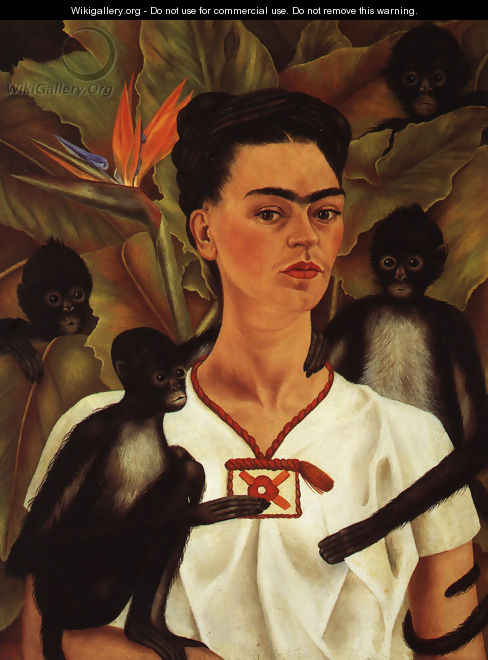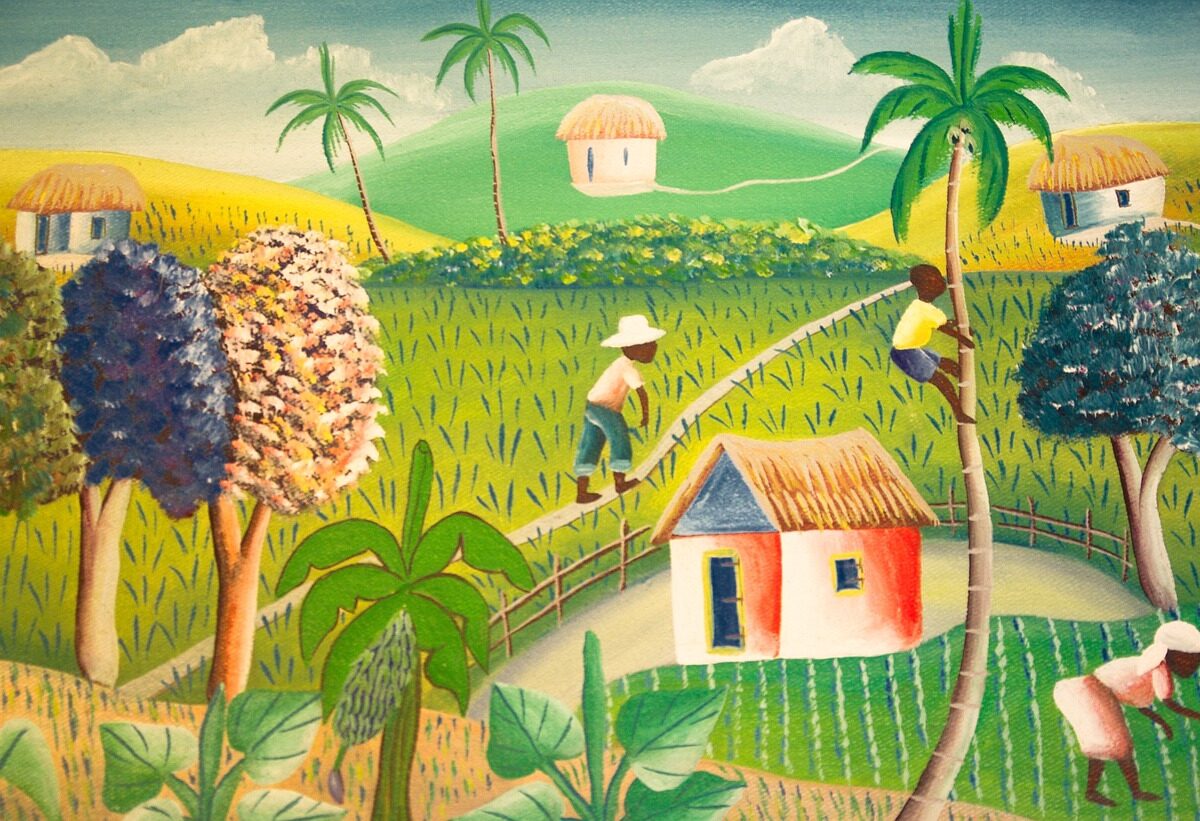I’ve been thinking a lot about the complex relationships between mothers and daughters, especially amongst Latina women, after seeing Trapped between worlds, some Latina teens consider suicide [CNN]. I spotted Mother Daughter Revolution: From Good Girls to Great Women by Elizabeth Debold

recently and it sounds really interesting:
Our culture betrays women. And mothers, to be good mothers, must betray their daughters. It is this tragic norm that Marie Wilson and Idelisse Malave, president and vice president respectively of the Ms. Foundation, and Elizabeth Debold, a member of the Harvard Project, question.
Though perhaps no longer revolutionary, their text still presents a vital and revitalizing agenda, 0ffering ways to transform the typical cycles of betrayal and to resist such unnecessary losses as those of voice, freedom, and the power to act. Debold, Wilson, and Malave turn many precious cultural biases and beliefs upside down– “rugged individualism,” for example, is scrapped in favor of interdependence.
The belief that separation from the mother is a normal developmental step is firmly cast aside. Written originally in 1993, Mother Daughter Revolution takes as its foundation the findings that came out of the Harvard Project on Women’s Psychology and Girls’ Development under psychologist Carol Gilligan. The core of that study could be summed up with the question: Why, at the onset of adolescence, does the self-esteem of girls plummet?
The authors expand on Gilligan’s valuable and still timely “wall” theory. That is, at adolescence, young girls come up, clashingly, against how they’re perceived by the dominant culture–largely in terms of their sexual and reproductive value. To get through this “wall,” girls must sacrifice parts of themselves in order to be accepted and protected by society. At great cost.
Mothers, ironically, usher girls through the wall of self betrayal. And the three most loudly voiced complaints by girls about their mothers reflect that betrayal–that they’re not dealt with fairly; not truly loved for being themselves; not trusted with the truth. The “authentic self” of daughters is driven underground.
These are hard and heartbreaking insights which 30 years of feminism’s second wave has not changed. Interviews with adolescent girls, memoir fragments offered by the authors, and stories shared by such well-known writers as, for example, Maxine Hong Kingston illustrate the social phenomenon. Don’t be fooled.
This is not a rant so much as a prescription for uncovering, defining, and nurturing the love between mothers and daughters. Paradoxically, adolescent girls find more of the world open to them, while at the same time experiencing a deep distress.
“Eating disorders and teenage pregnancy, once associated with opposite ends of the social class spectrum, are more prevalent among girls of all classes and all races than ever before.” These insights and prescriptions, organized and given voice by three committed feminists, are offered with lucidity and passion, in the spirit of social transformation. * Amazon.com Review
Although, I am sure it is still very relevant, I would love to see a revised 2009 edition of this book!






Many of them are usually less difficult, belts, scarves, spectacles, timepieces etc. fake rolex uk Between diverse stylish components, printed and also high end timepieces have become frequent. A lot of the guys want to acquire printed timepieces so that you can boost their particular seems and also persona. replica rolex Several types of brand names can be obtained which promote high end pieces. rolex replica uk A number of the manufacturers are usually Avia, Accurist, Breitling, Bravingtons, Buren, Cartier, Cyma, Enicar, Eterna, Gucci, Garard, Heuer, Omege, Oris, Longines, Reduce, Armed service, Rolex, Royking, Rotary and also Roamer. rolex replica uk Rolex timepieces are usually popular regarding equally their particular accurate and also beauty. hublot replica Consequently pieces will be the mix of attractiveness and also beauty, for this reason they will commend this kind of large value.
oakland raiders jerseys
air jordan uk
michael kors handbags online
browns jerseys
michael kors handbags outlet
cleveland browns jerseys
michael kors uk
chicago bulls jersey
san francisco 49ers jerseys
michael kors handbags wholesale